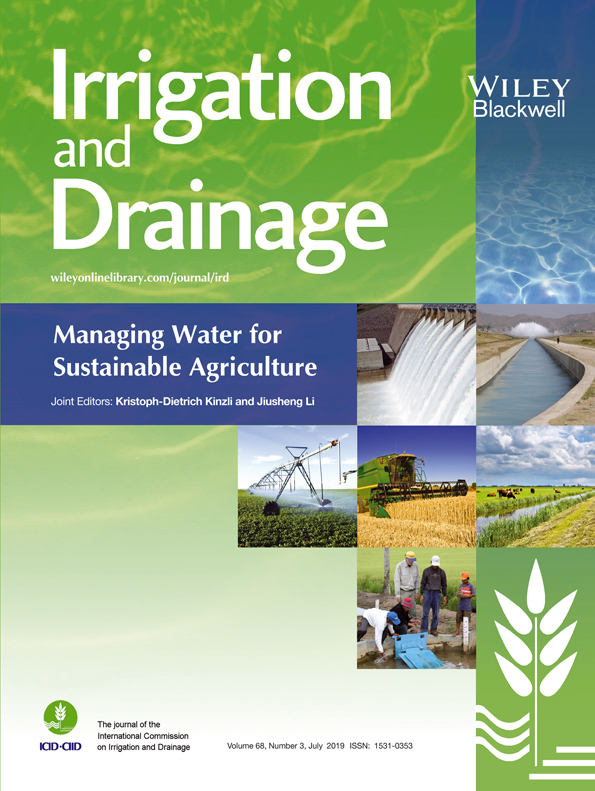Waso: An Innovative Device to Uncover Independent Converging Opinions of Irrigation System Farmers†
Abstract
enMany development projects fail due to farmers' individual antagonistic strategies. Group surveys often fail to capture underlying individual motivations. An innovation from the African game Awale and the Japanese abacus named Soroban, WASO was used to assess opinions in the Baguinéda Irrigation Scheme (Mali) for rice cultivation and the sugar cane company of SUCAF-CI (Côte d'Ivoire). The WASO scores were introduced into the ANOVA/Tukey test or Kruskal–Wallis/Mann–Whitney test to check their convergence. Such processing provided very useful results in the two case studies. At the Baguinéda Irrigation Scheme, the farmers' foremost concern to improve drainage system maintenance is training for maintenance (score 17.6 ± 1.1 at a 95% confidence interval (CI)). At SUCAF-CI, sugar cane cutters would be much more available if they were paid on a monthly basis (score 15.7 ± 1.0 at 95% CI). It appeared that the WASO is an effective and versatile statistical interface helping to reveal and prioritize stakeholders' independent converging opinions, crucial to a development project's success. © 2019 John Wiley & Sons, Ltd.
Résumé
frDe nombreux projets de développement échouent en raison de stratégies individuelles antagonistes des agriculteurs. Les enquêtes de groupe ne parviennent souvent pas à capter les motivations individuelles. Innové à partir du jeu africain appelé Awale et du boulier japonais nommé Soroban, le WASO a été utilisé pour évaluer les opinions dans: le système rizicole de Baguinéda (Mali) et la compagnie de canne à sucre de SUCAF-CI (Côte d'Ivoire). Les scores WASO ont été introduits dans le test ANOVA/Tukey ou Kruskal–Wallis/Mann–Whitney pour vérifier leur convergence. Un tel processus a fourni des résultats très utiles dans les deux cas d'étude. Pour le projet d'irrigation de Baguinéda, la principale préoccupation des agriculteurs pour améliorer le réseau de drainage est de recevoir une formation pour l'entretien (score 17.6 ± 1.1 à 95% d'intervalle de confiance CI). À SUCAF-CI, les coupeurs de canne à sucre seraient beaucoup plus disponibles s'ils étaient mensuellement payés (score 15.7 ± 1.0 à 95% CI). Il est apparu que le WASO est une interface statistique efficace et polyvalente qui aide à révéler et hiérarchiser les opinions convergentes indépendantes des acteurs, cruciales pour le succès des projets de développement. © 2019 John Wiley & Sons, Ltd.




